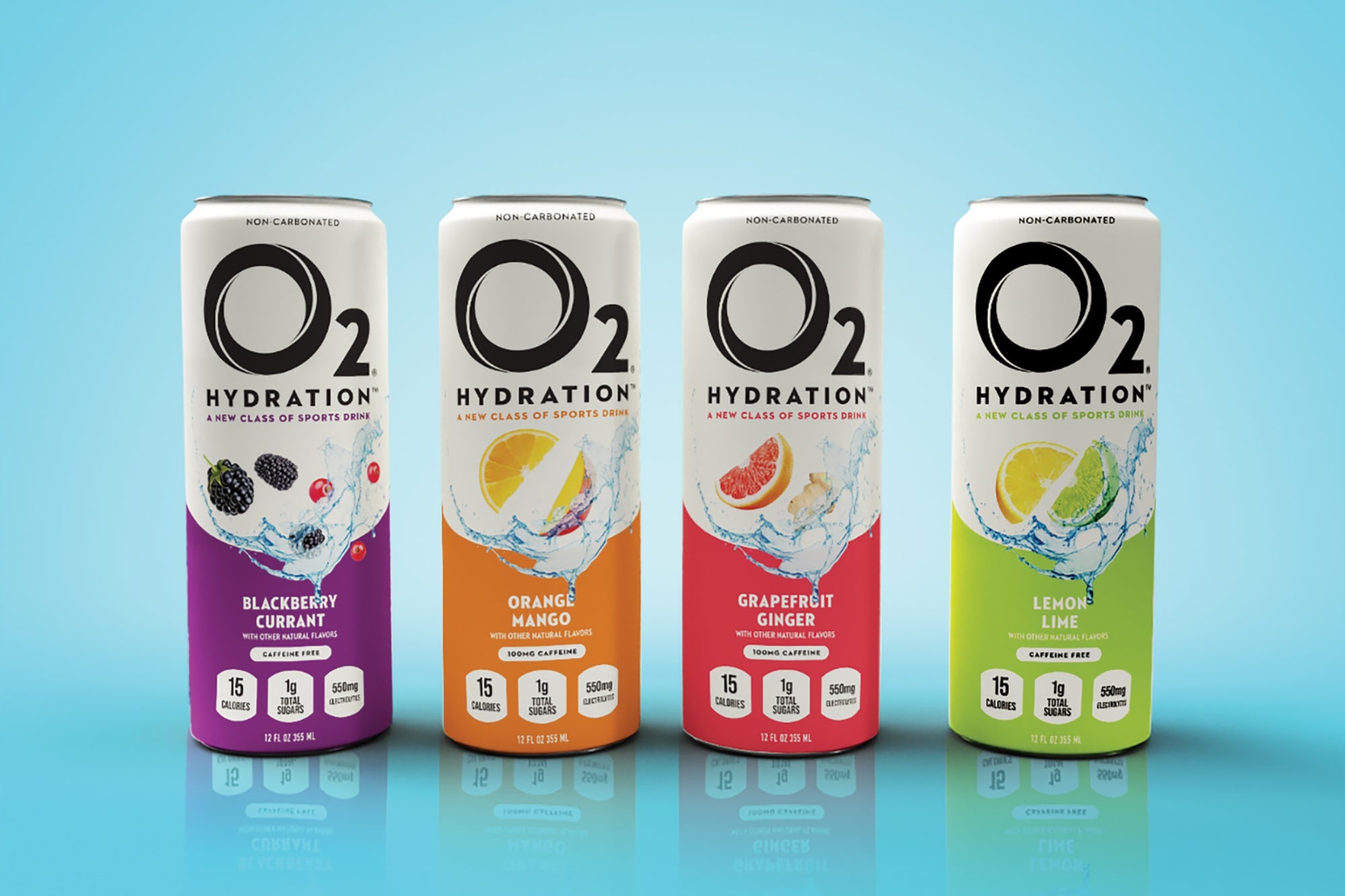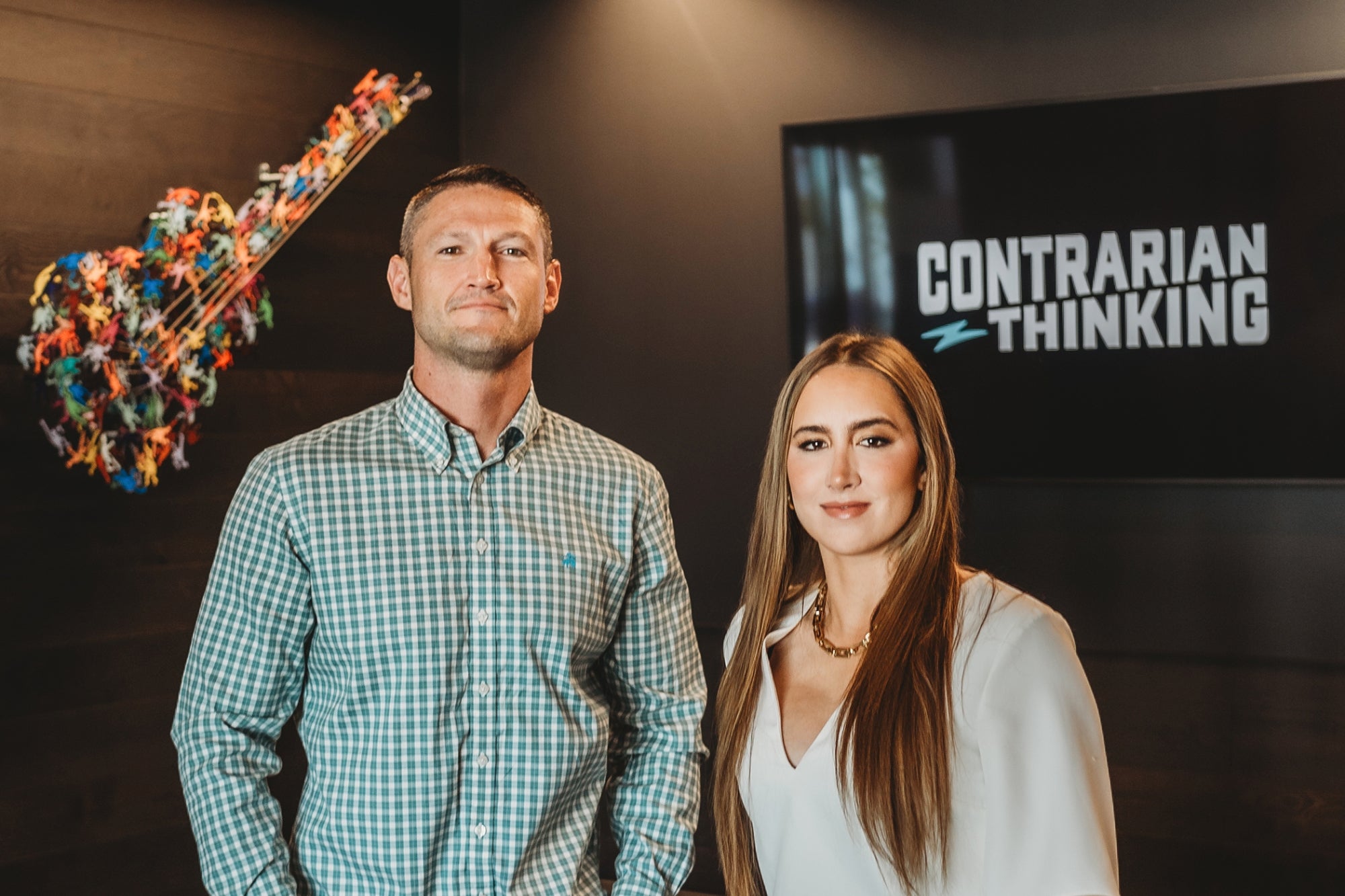Inside the Subtle Marketing Shift That Changed Roomba's Fortunes How lowering expectations and downplaying its own technology helped a cutting-edge company reach a whole new customer.
By Joe Keohane
This story appears in the July 2017 issue of BIZ Experiences. Subscribe »

Let a robot replace you. For years, this was iRobot's pitch for the Roomba, its robotic vacuum cleaner. And for years it worked well, generating strong annual sales growth for the Massachusetts firm. There was only one problem: A sizable cohort of potential consumers didn't believe it. These were people who valued an immaculate home. They worked hard at it. They didn't think a robot could replace them. And they were right. It probably couldn't.
Related: How to Make the Right Sales Pitch
Dwight Brown, senior VP of global marketing at iRobot, had been here before. His previous employer, Keurig, had a similar pitch: ""You need a single-serve coffeemaker because it's an easier way to make coffee,'" Brown recalls. This made technology the centerpiece of the pitch. Which made a certain sense -- the tech was cool, and people who loved gadgets were into it. The thing was: Not everyone loves gadgets.
"We very quickly learned that when you try to convince the consumer by starting the dialogue with the technology, you certainly attract some early adopters who are technically oriented," Brown says of the initial approach, "but you may be missing the vast majority of consumers who are much more interested in hearing about the benefit." Some people, after all, just weren't looking for a new coffeemaker. But they were looking for a better coffee-making experience.
So Keurig tweaked the pitch: "Great coffee, made simply." It paid off. Keurig boomed.
Related: The Surprising Online Marketing Method Most Consumers Prefer
When Brown joined iRobot three years ago, he saw a similar opening. "My initial hypothesis was that if we start focusing communication on the benefit, and not force the consumer to think about the robot as a replacement, we might open the doors to opportunity," he says. Working with the Cambridge Group in Chicago, iRobot surveyed existing and prospective customers and discovered two things: 1. Existing customers were satisfied with the performance of the product. And 2. Prospective customers were aware of it but didn't think it would work well enough to meet their standards.
That meant that winning converts wasn't about changing the product; it was about recalibrating expectations. "It's not a technical issue; it's a marketing issue," Brown says. But to do that, iRobot had to better understand what the holdouts wanted. So it asked. The consumers it was targeting said that while they weren't looking for a robot vacuum per se, they did want a cleaner home. And in an ideal world, they wanted their home to be cleaned every day; they were just too busy to do it themselves.
That was the opening iRobot was looking for. It crafted a new pitch, "Cleaner floors every day -- all at the push of a button," and repositioned the product not as something that cleans for you but as something that cleans with you. Something that reliably frees you up from some mundane work and increases the baseline cleanliness in your home, without any additional effort on your part. In that formulation, Brown says, "the customer doesn't even need to think about purchasing a robot."
Related: 3 Ways to Avoid Mediocre Marketing Content
The initial feedback on this new approach was positive, and in the spring of 2015 iRobot launched a marketing campaign around it, including redesigned packaging, online and TV ads and in-store video displays. The early results were promising, and iRobot doubled down on the strategy for the holiday season -- leading to a 46 percent bump in sales in the final quarter compared with the previous year. Three years in, the new message continues to resonate. Sales were up 17 percent in 2016 (propelled in part by the Roomba 650, which became the top-grossing vacuum cleaner in the U.S.), and, Brown says, "our early 2017 results appear very promising."












